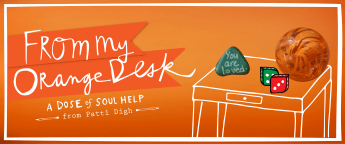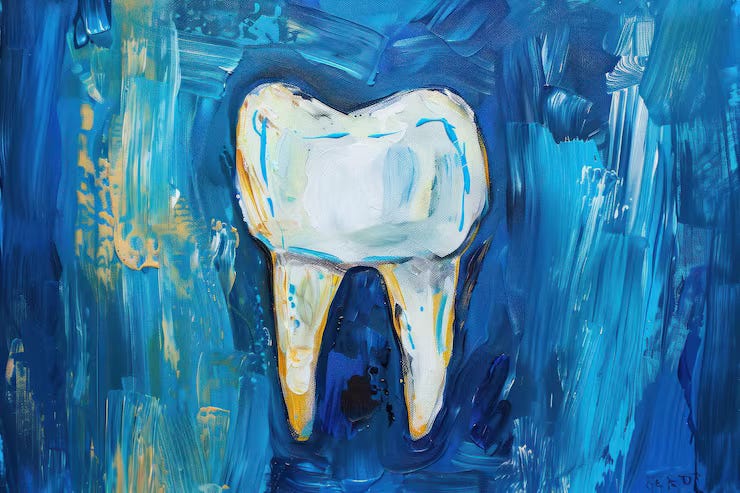When a broken bridge is a signal
You are recoverable.
A four-tooth bridge in the upper right of my mouth broke the very same week the world shut down for COVID. Everything closed—schools, shops, the rhythms of daily life—and I, like so many others, stayed inside, afraid to go out, afraid to breathe near strangers, afraid of what might happen next.
I just lived with the wide gap on the side of my smile. I sm…
Keep reading with a 7-day free trial
Subscribe to From My Orange Desk to keep reading this post and get 7 days of free access to the full post archives.



